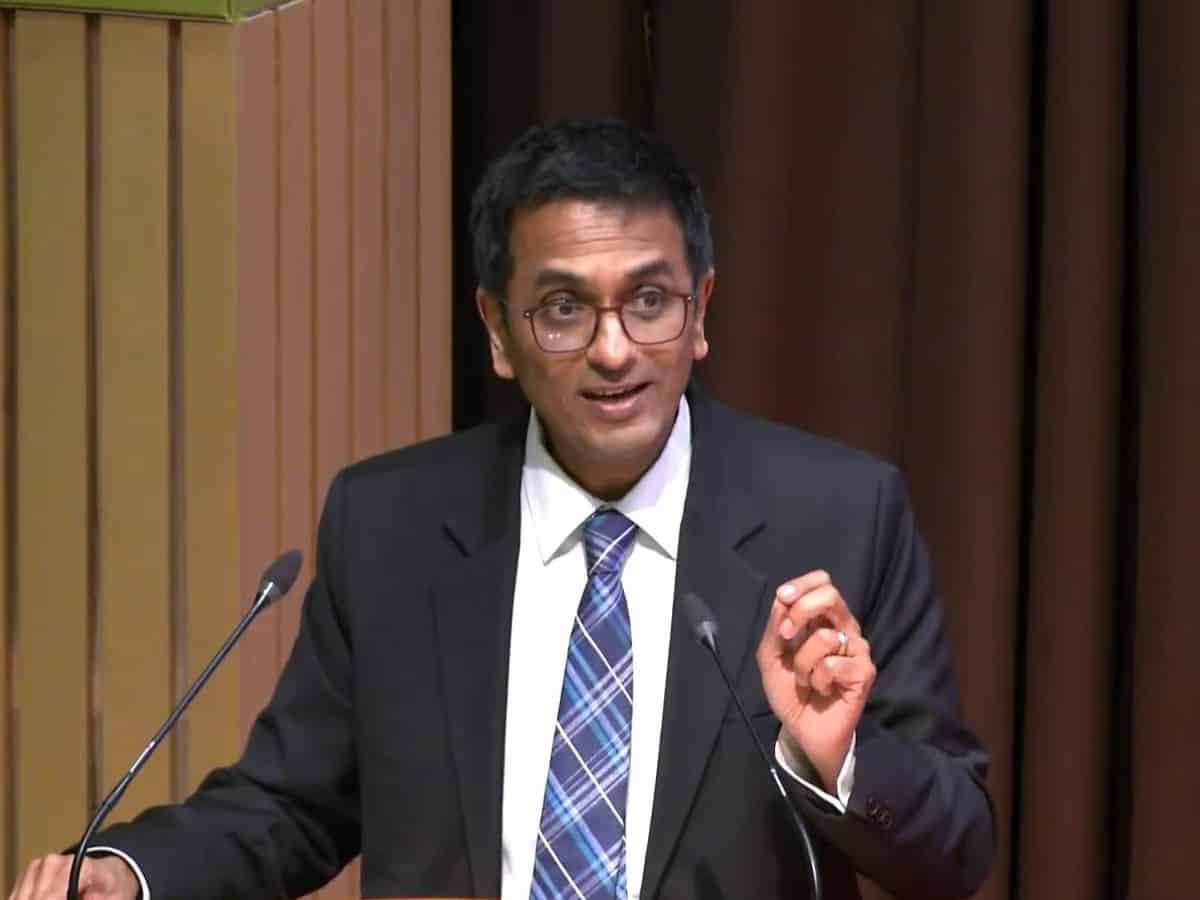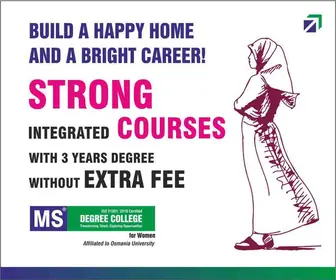
Journalism is a tool of democracy. While I had gone to attend the annual Ram Nath Goenka Awards for the journalists, I thought that it would be just like another five star elitist function as per the Persian idiom, “Nashistan, do guftan, khurdan, v barkhastan, meaning, “Meeting, discussing, eating and finally departing! It wasn’t that, at least for me, it was a day of reckoning! Nevertheless, the kind of inimitable topics for which the scribes were chosen, did confirm that this was just the address on the envelope and much was in store for the eager visitors, all very prominent people in the form of the addresses by Justice DY Chandrachud and Raj Kamal Jha, The Indian Express editor! For example, the bare youth, Tarun Rawat, the shutterbug of the Times of India, who had shot the pistol-shot of a man during the Jamia Millia Islamia CAA protests, walked away with the covetous award! All the 43 odd awards were for unique dedication and devotion of the pen smiths and shutterbugs, with reportages with even at the cost of their lives for bringing truth to the world.
A full to capacity, Kamal Mahal of ITC Maurya Hotel in Chanakyapuri, was bubbling with intellectuals and scholars from all walks of life, eagerly waiting for the propitious moment, when Justice Chandrachud would address the gathering and I vouch, he took the floor with words pouring out of his mouth like petals of fragrant flowers of all hues amidst non-stop clapping! Since the day he has sat on the seat of judgment, people’s faith has been restored in the cliché, “Justice dawns from Heaven,” owing to his bold and brave judgments daring into the eyes of the top notch managers of the present governance!
The real soul-stirring and churning time came, when the Chief Justice of the Apex Court, Justice DY Chandrachud and Raj Kamal Jha took charge. Both of them delivered the treatises that reminded me of a similar struggle faced India’s highly revered Freedom fighter, first minister of education and Bharat Ratna, Maulana Abul Kalam Azad, about whom, once in a 2005 PIL by me, for opening the locks of Maulana Azad mausoleum near Jama Masjid, mostly occupied by anti-social elements indulging in consuming smack and marijuana, Justice Vijendra Jain, in the High Court of Delhi (court No. 6), to my astonishment and of course, joy, had stated in his Order that the sacrifices of Maulana Azad for the freedom of India were even greater than those of Mahatama Gandhi and Pandit Nehru! This great statesman of India too had suffered a lot both as a journalist and editor as he was jailed many times for building bridges between Hindus and Muslims against the English perpetrators and his weekly Urdu newspapers, Al-Hilal and Al-Balagh, that were sold like hot cakes, the moment they were on the stands in markets, like The Indian Express today, were closed down by the English.
Abul Kalam Azad who was a great Indian nationalist and patriot, criticized the British for racial discrimination and ignoring the needs of the common Indians plus the Muslim politicians who held communal views to support the demand of the All India Muslim League for the vivisection of India on communal lines. Azad furiously opposed the division of Bengal in 1905 which was against the national integration of India.
A year after the publication of the last issue of Al-Hilal on 18th November 18, 1914, Maulana Azad brought out another weekly Al-Balagh. It was apparently confined to religious issues but in essence it was discussing the broader issues of man’s emancipation and freedom in the Islamic and Indian historical context. In this paper Azad was discussing religious issues with political overtones for uniting Hindus and Muslims. The colonial administration found it unbearable and Maulana Azad was finally detained at Ranchi where he remained for the next few years. When he came out in 1919 the entire political scenario had changed. There was complete Hindu-Muslim unity and mass upsurge against the British, which finally resulted in the non-cooperation movement started by Gandhi on August 1, 1920.
Nobody can forget Arun Shourie, the former editor of The Indian Express,who, during the infamous Emergency during 1975-76, put his foot down, and had the temerity never to buckle under pressure during those trying and testing days while I was in class 10, witnessing some havocs perpetrated by the arrogant government of that time with my own eyes, the embers of at least one of them are still smoldering, I mean the, demolished Urdu medium Qaumi Senior Secondary School, razed to the ground on June 30, 1976 for which as well, a PIL was filed by the author where Justice Geeta Mittal, in a historic landmark judgment, had allotted 4000 meters of land for building a designer, state of the art and exemplary school for the poor walled city Muslim students. It’s another thing that in collusion with the DDA and other agencies, meant for allotting the land, 2400 meters has been illegally annexed that raises the eyebrows at the Constitutional body like these Delhi High Court. How the said court allowed only 1600 meters for building a senior secondary school when as per the Delhi Education Act, not less than 4000 meters is required. Lamentably, the land is available in that campus but has been given for the parking lot. This too will be brought to the notice of the “North Star”!
The historic session also reminded me of the travails faced by India’s highly revered Freedom fighter, first minister of education and Bharat Ratna, Maulana Abul Kalam Azad, about whom, once in a case for opening the locks of Maulana Azad mausoleum near Jama Masjid, mostly occupied by anti-social elements indulging in consuming smack and marijuana, in the High Court of Delhi, court No. 6, Justice Vijendra Jain, to my astonishment and of course, joy, had stated in his Order in 2005 that the sacrifices of Maulana Azad for the freedom of India were even greater than those of Mahatama Gandhi and Pandit Nehru! This great statesman of India too had suffered a lot both as a journalist and editor as he was jailed many times for building bridges between Hindus and Muslims against the English perpetrators and his weekly Urdu newspapers, Al-Hilal and Al-Balagh, that were sold like hot cakes, the moment they were on the stands in markets, like The Indian Express today, were closed down by the English.
Clubbing the similarity in the professions of law and journalism, Chandrachud stated that persons of both professions are fierce believers of the aphorism that the pen is mightier than the sword. Simultaneously, they also share the occupational hazard of being disliked by virtue of their professions — no easy cross to bear. Nevertheless, trusting the tough path of honesty, members of both professions carry on calling a spade a spade with the hope that one day, the reputations of their professions will receive a makeover.
This session, that was a defining moment of my life, in which, I identified myself with the golden words of wisdom and truth by the Chief Justice of India and The Indian Express editor, personally confirmed one thing that sans all shady profiteering and promotion, honesty, uprightness, rectitude and calling a spade a spade, are the lifelong paradigms. As the chancellor at Maulana Azad National Urdu University, Hyderabad where I found the rambling financial corruption, rampant nepotism, continuous scams, gender discrimination, heinous sexual harassment of ladies working in the campus and girl-students, no regard for Constitution, illegal appointments galore, ambience of fear psychosis for students, being a journalist and a whistle blower, I raised my voice and write about it, only to be told by the so-called “worldly wise” people that I had closed all my avenues for further uplift but I didn’t waver. I found that the entire system was rotten and nobody was concerned, including the top notch officers of the ministries of Education and Social Justice and Empowerment. Truth is that legal journalism is the storyteller of the justice system, shedding light on the complexities of the law.
Very truly, Raj Kamal Jha too pointed out the similar excesses when he said that for journalists and journalism, year after year, case after case, their starlight has illuminated the road and added that in case of the dimming of lights, when a reporter is arrested under a law meant for terrorists, when another is arrested for asking a question, when a university teacher is picked up for sharing a cartoon, a college student for a speech, a film star for a comment, or when a rejoinder to a story comes in the form of a police FIR, the only resort was the “North Star” (Supreme Court).
Finally, Justice Chandrachud words took us back to the August 11, 1912 issue of Al-Hilal where the similar views are published by Azad, the editor, that the media is the fourth pillar in the establishment of the State, and thus an integral component of democracy. A vibrant democracy must encourage space for equanimity with dissent. The vivacity of any democracy is bargained when the press is not allowed to ask questions. The press must remain free if a country is to remain a pulsating democracy. Of course, nothing should be in closed and concealed envelopes!

